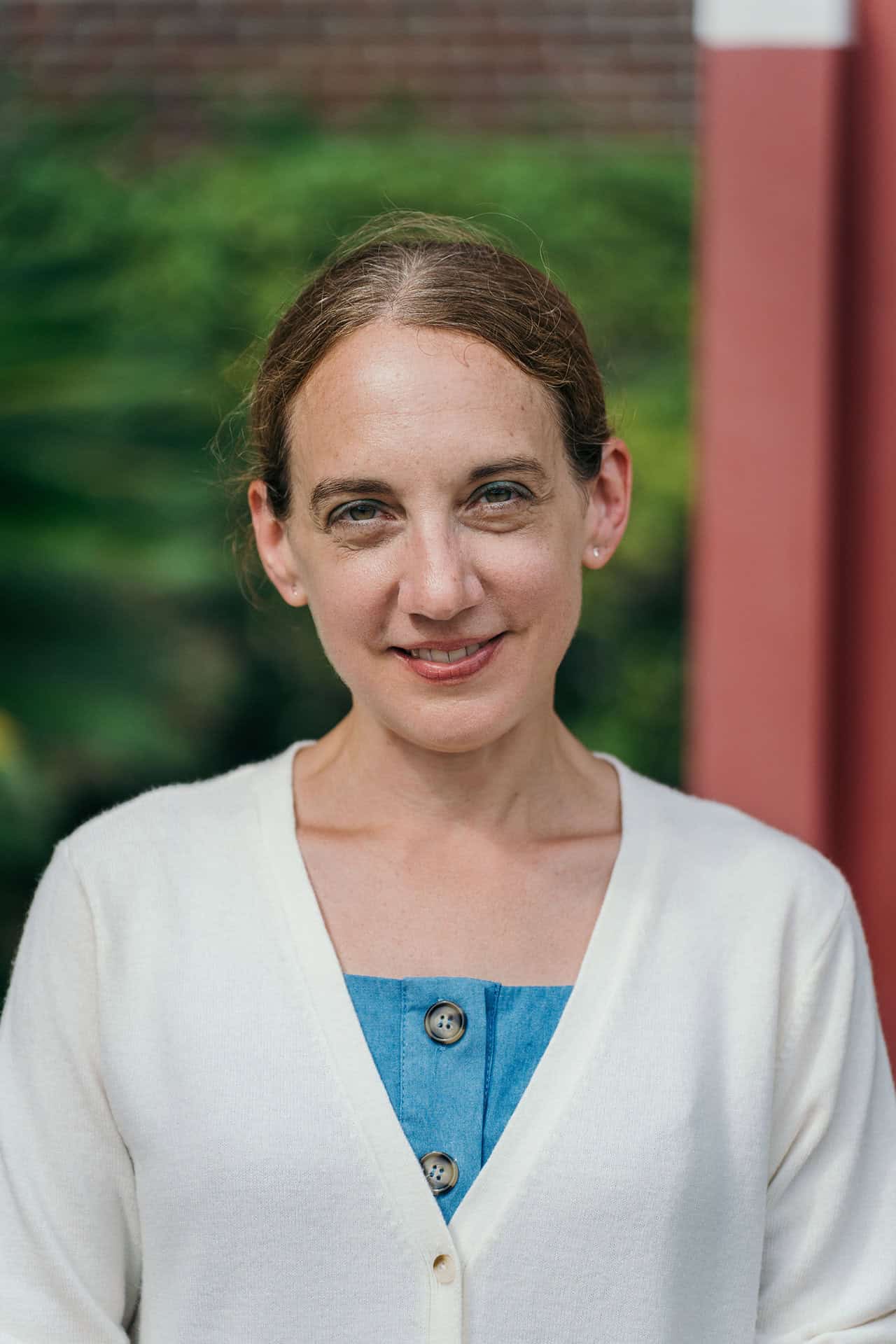School of Information Assistant Professor Dr. Gretchen Stahlman co-led a workshop funded by the National Science Foundation (NSF). The workshop, “Unidentified Anomalous Phenomena (UAP): A Dialogue on Science, Public Engagement and Communication,” took place May 16-17 in Washington D.C.
 “UFOs, or UAP, have captivated imaginations and provoked a sense of curiosity and intrigue for a long time,” Stahlman said. “Understanding our earth and space environment is a critical task for science, including social matters. UAP Studies span these areas and represent an opportunity to address a mystery and to further engage society in scientific work. This gathering was a positive step in both directions.”
“UFOs, or UAP, have captivated imaginations and provoked a sense of curiosity and intrigue for a long time,” Stahlman said. “Understanding our earth and space environment is a critical task for science, including social matters. UAP Studies span these areas and represent an opportunity to address a mystery and to further engage society in scientific work. This gathering was a positive step in both directions.”
The workshop brought together 28 participants including physical and social scientists, communication and media experts, educators, aviation specialists, and government representatives to discuss effective communication and education about UAP across the sciences and with the broader public. Participants expressed a need to normalize the conversation about UAP and reduce stigma.
“Because the topic of UAP, or UFOs, is so intriguing and ingrained in popular culture spanning generations, it is easily sensationalized,” Stahlman said. “Whatever UAP are, it isn’t good for any of us if pilots are afraid to report unusual observations in the sky, as these can represent credible threats to safety. Overall, we need more high-quality data collected by sensors and well-organized and vetted human reports.”
One comment that came up during the workshop was to “make UAPs boring” to better open the conversation. On the other hand, it was also discussed that UAPs can enchant people with science, and a new generation of scientists across disciplines are taking UAPs more seriously.
Stahlman added that there is tremendous interest in organizing a follow-up workshop in the coming months to continue the conversation. She has also put together a graduate-level special topics course called “UFOs and Information,” which explores scientific processes, societal implications, and intersections with information science. She hopes to teach it at Florida State University soon.

